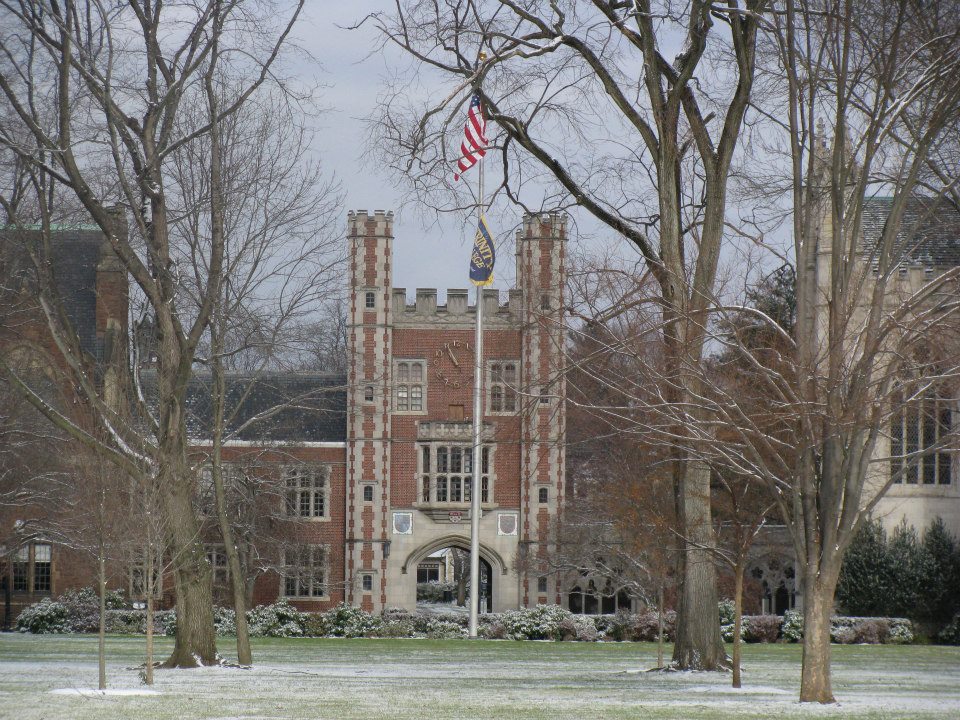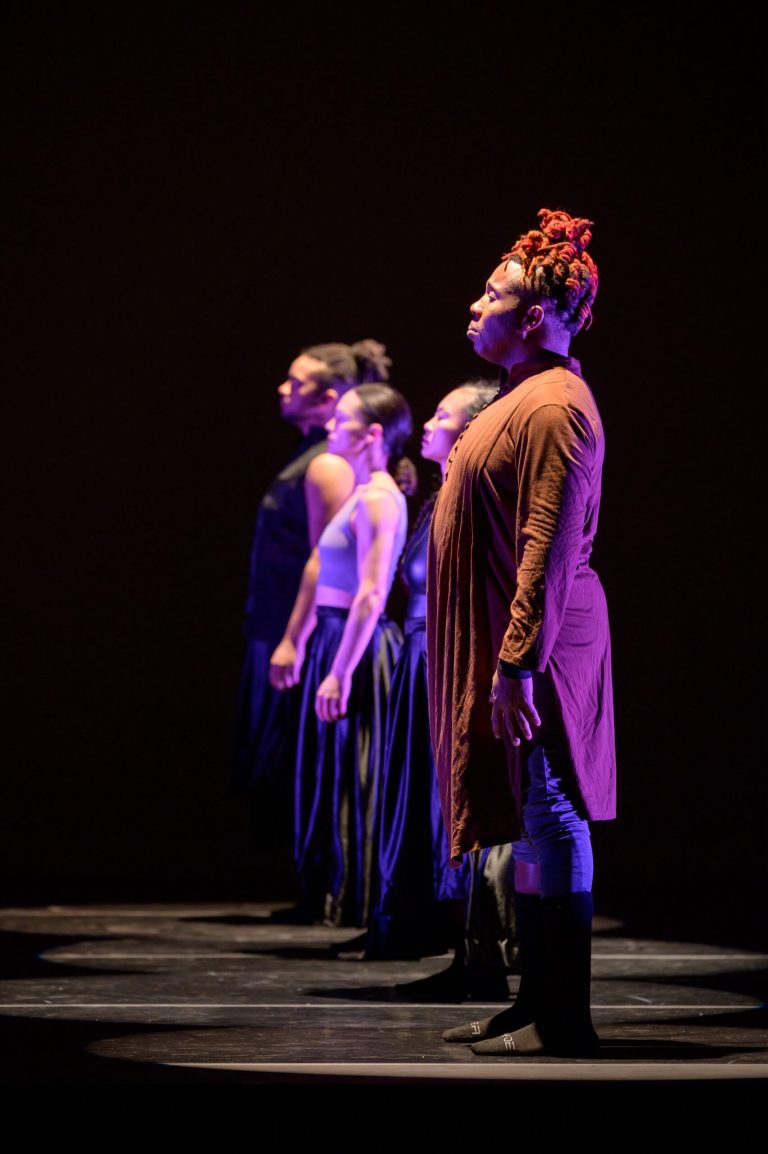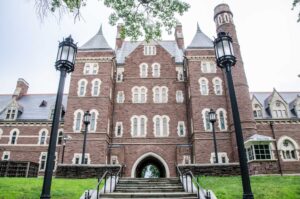Faith Monahan ’24
News Editor
Trinity has increased capacity limits for indoor, non-classroom events, according to a Nov. 11 email from Vice President for Student Success and Enrollment Management Joe DiChristina and Chief of Staff and Associate Vice President for External Affairs Jason Rojas. The increased capacities reflect the Trinity’s efforts to return to normal college life, noting that these increased capacity limits move us another step “toward pre-pandemic operations.”
Before these changes to the policy on campus gatherings, all non-classroom events had a capacity limitation of 50%. Now, many non-classroom events will function at full capacity. The spaces that will allow 100% capacity include student organization meetings, department meetings, performing arts, lectures and presentations, and athletic facilities. Social gatherings outside of these purposes will have more limited capacity, with supervised gatherings in campus meeting spaces capped at 75% capacity and social gatherings at Greek and social houses capped at 50%. These exact capacity limits, DiChristina told the Tripod, were determined by the COVID Steering Committee by “look[ing] at pre-pandemic capacities and consider[ing] the type of programs and activities that were anticipated to take place in a particular space” in addition to the physical size of the space and potential crowd size.
The announcement follows questions from students on how social gatherings will be handled as outdoor events become less possible due to cold weather. Last Tuesday, the executive board of the Student Government Association (SGA) and members of Trinity’s Greek Life community met with Rojas and DiChristina to discuss raising the limitations on social gathering capacities. When asked about the meeting, SGA President Jederick Estrella ’22 explained to the Tripod that “Meeting with the COVID Steering Committee this past week was my utmost priority in conveying the needs of students. Working with my Executive Board and several Presidents of Greek Organizations, we presented a united front in bringing a policy that brought safety to the forefront with a particular emphasis to the concerns of COVID and the colder weather that is already upon us.”
When asked about what this change means for the Trinity community, Estrella commented that he “look[s] forward to all the exciting events that can now be executed and have opened up a line of communication for SGA to meet with the COVID Steering Committee in the future especially when it concerns making edits to the current policy.” He also indicated that he wants to “urge students to come to SGA meetings if they have any issues or to bring SGA’s attention to a particular matter they feel affects the student community.”
DiChristina confirmed the meeting and told the Tripod that he and Rojas served as representatives of the COVID-19 Steering Committee. Discussions about increasing indoor capacity limits began in October between the Committee; staff from the Office of Student Life; and students a part of the SGA, Inter-Greek Council (IGC), and Multicultural Affairs Council (MAC). “All were interested in discussing increased capacity limits in certain campus spaces. Students wanted to address the impact that colder weather would have on the ability to host events outdoors and how our policies would limit participation in events once indoors.”
Responding to questions about why these discussions were not announced to the community, DiChristina stated: “A meeting on this topic was not publicly announced because meetings regarding administrative decisions generally take place between the individuals involved are not a matter of public announcement.” “Working through these governance bodies is an appropriate and productive way to capture the voices of students,” he added.
Earlier this month, the City of Hartford rescinded its executive order requiring indoor mask wearing in all indoor spaces. The College will continue to follow CDC guidelines on mask wearing at institutions of higher education.
According to CDC guidelines at places of higher education where everyone has obtained full vaccination status, in-person learning in classrooms can operate at full capacity, but there is limited information on guidelines for college’s regarding social gatherings. The CDC recommends that certain events pose a higher risk than others, such as events with increased crowding, shouting, and lack of physical distancing and mask wearing. By limiting capacities at these events, the number of people exposed to COVID-19 is decreased as well as the amount of crowing and risk explaining the decision to not increase capacities at less supervised social gatherings.







+ There are no comments
Add yours